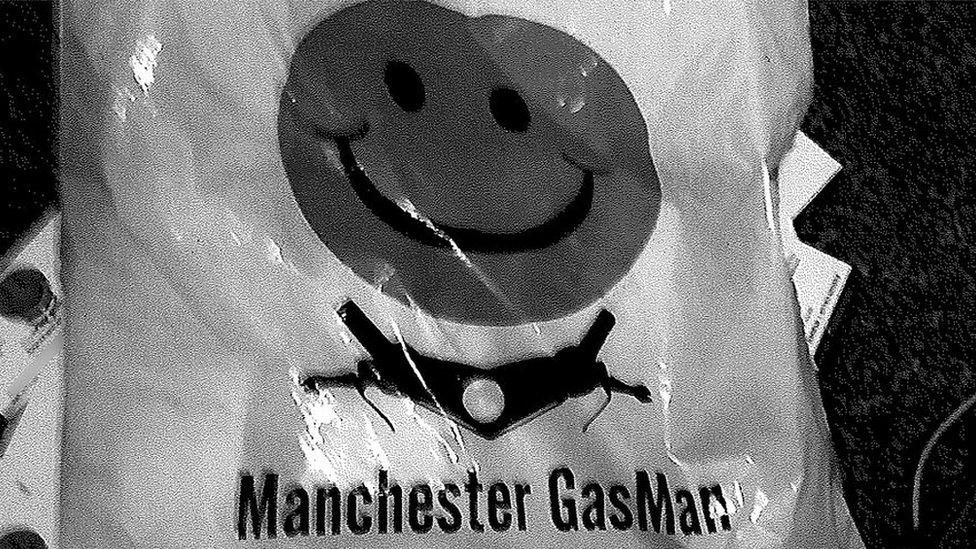Don't be complacent over laughing gas risks, say nurses
- Published

Nitrous oxide, which can lawfully be sold for whipping cream, is typically sold in small silver canisters
The public is too complacent about the risks of laughing gas, nurses are warning.
The gas - nitrous oxide - is the second most commonly used recreational drug in England and Wales after cannabis.
But the Royal College of Nursing said many people remained ignorant of the risks.
Problems can include breathing difficulties, dangerously-increased heart rate, and burns as well as death, the RCN said.
Legislation introduced in 2016 made it illegal to sell the gas for psychoactive purposes.
But enforcing the legislation has proved difficult because it is used in food products, such as whipped cream, and medicine.

Nitrous oxide - the highs and lows
Effects: Feelings of euphoria and calmness, dizziness, difficulty in thinking straight and fits of giggles/laughter, sound distortions or hallucinations
Risks: Inhaling nitrous oxide directly from the canister or doing it in an enclosed space - eg with a plastic bag over your head - is very dangerous
Warning: If you take too much nitrous oxide you risk falling unconscious and/or suffocating from the lack of oxygen. People have died this way
If someone collapses after using nitrous oxide, call 999 immediately, turn them on to their side to avoid choking and stay with them until an ambulance arrives
Source: Frank, external


Noz canisters are often found discarded in parks and at music festivals
Nitrous oxide use has been linked to 17 deaths in the last three years, according to official statistics, with around one in 11 16-to 24-year-olds using it last year.
The RCN said its members were concerned, as they had been seeing patients with injuries from taking the drug.
Stuart McKenzie, a clinical nurse manager at NHS Ayrshire and Arran, said: "I think the prevalence of people using it is far greater than anyone would suspect.
"Parents of teenagers might also know about cannabis and legal highs, but if you asked them about the dangers of nitrous oxide, how many of them could confidently say what they were."
The issue is set to be debated at its conference on Tuesday with the union wanting to see more public warnings, particularly in the club and festival scene.
RCN mental health lead Catherine Gamble said: "It might give a short-term high, but the long-term damage can be nothing to laugh about.
"Far too few people know about the risks."
She said alongside the physical problems, regular use can lead to addiction.
- Published31 July 2015

- Published13 November 2017
